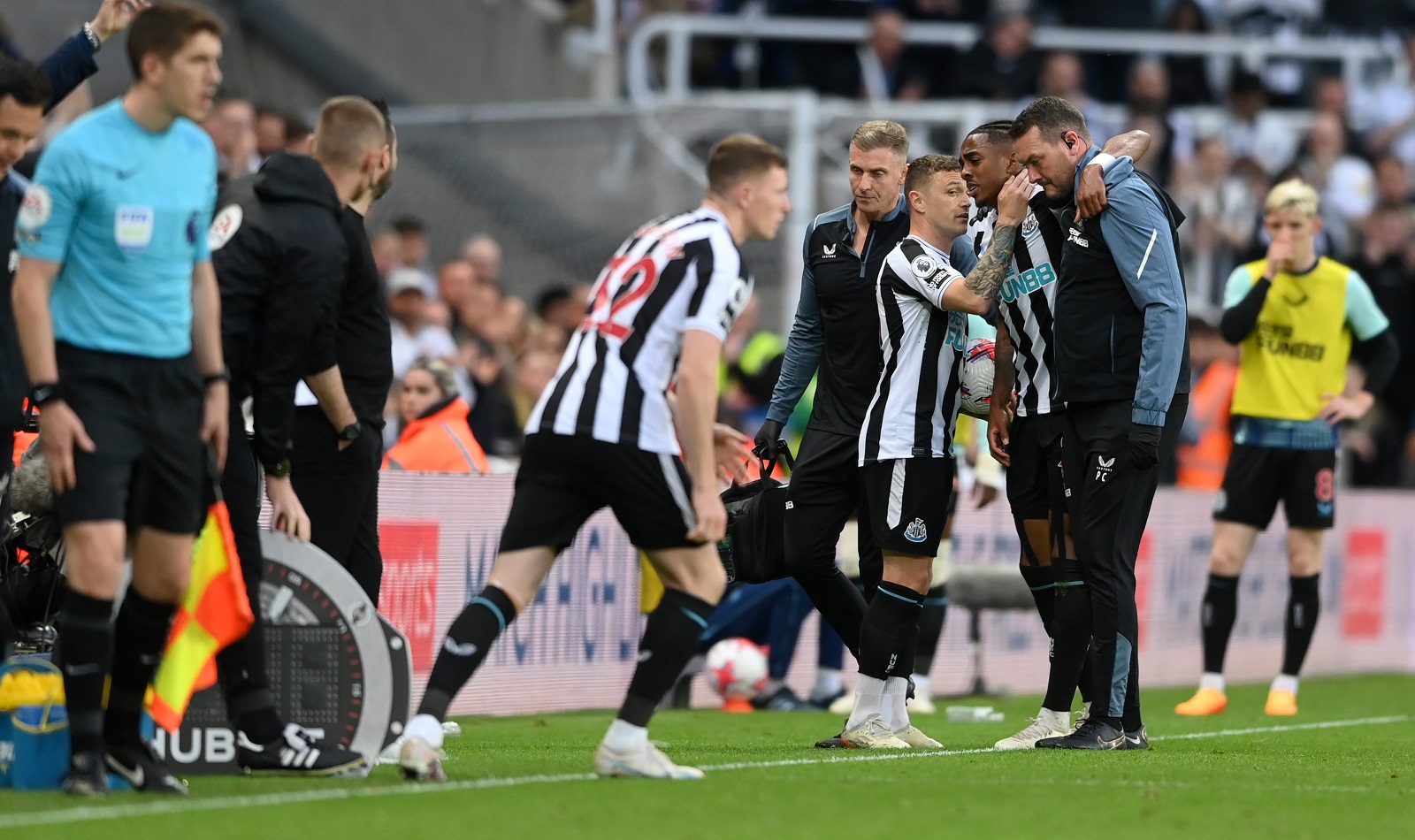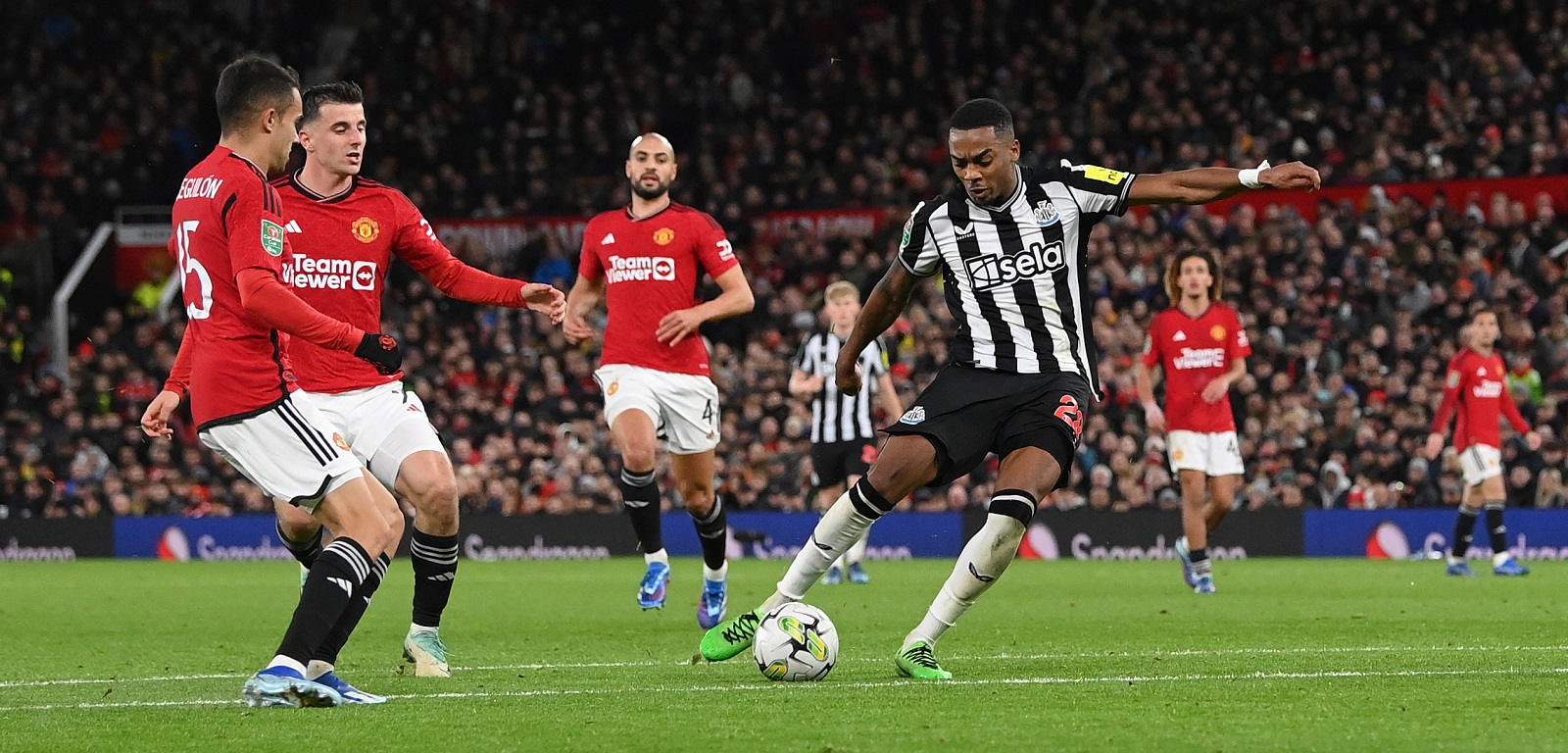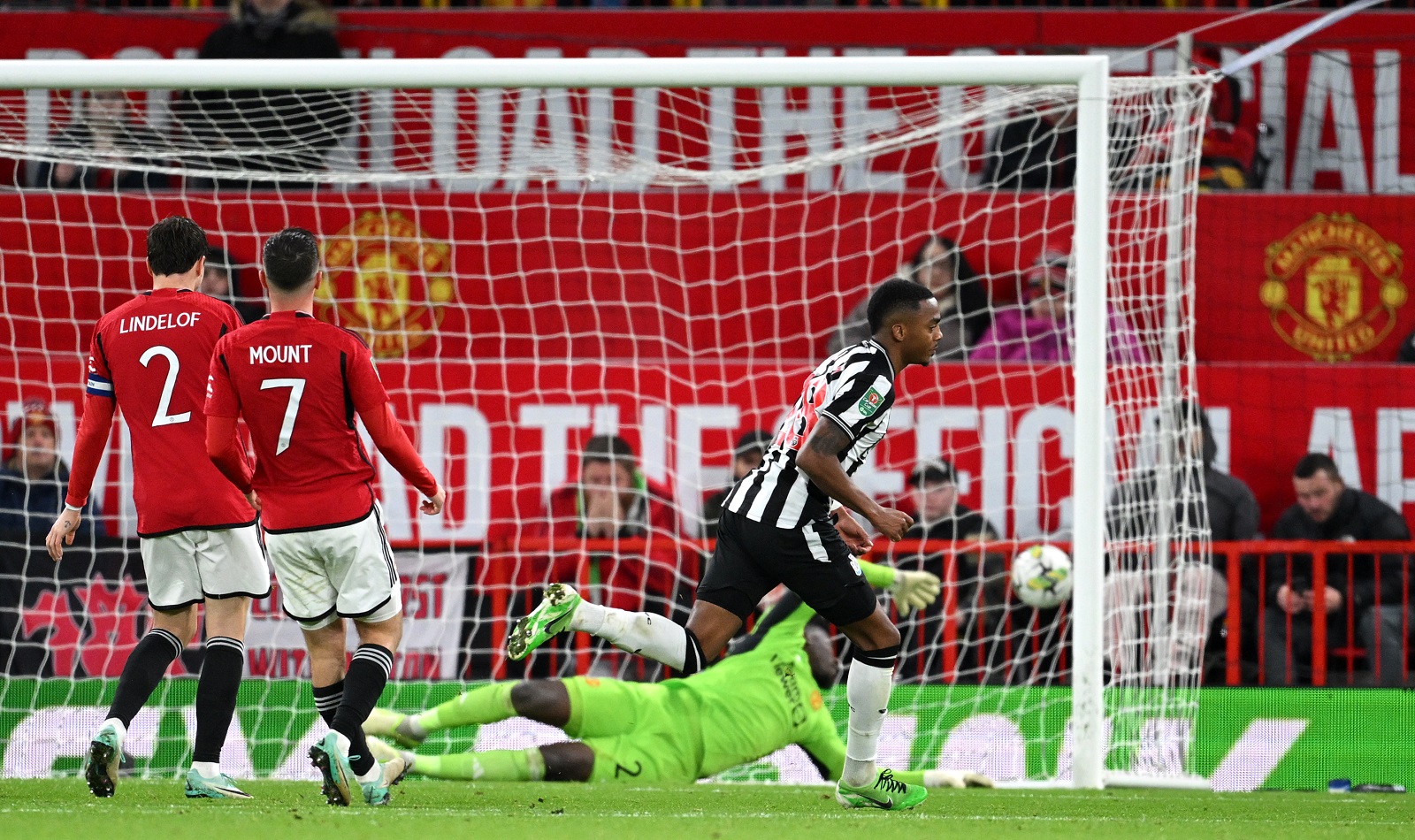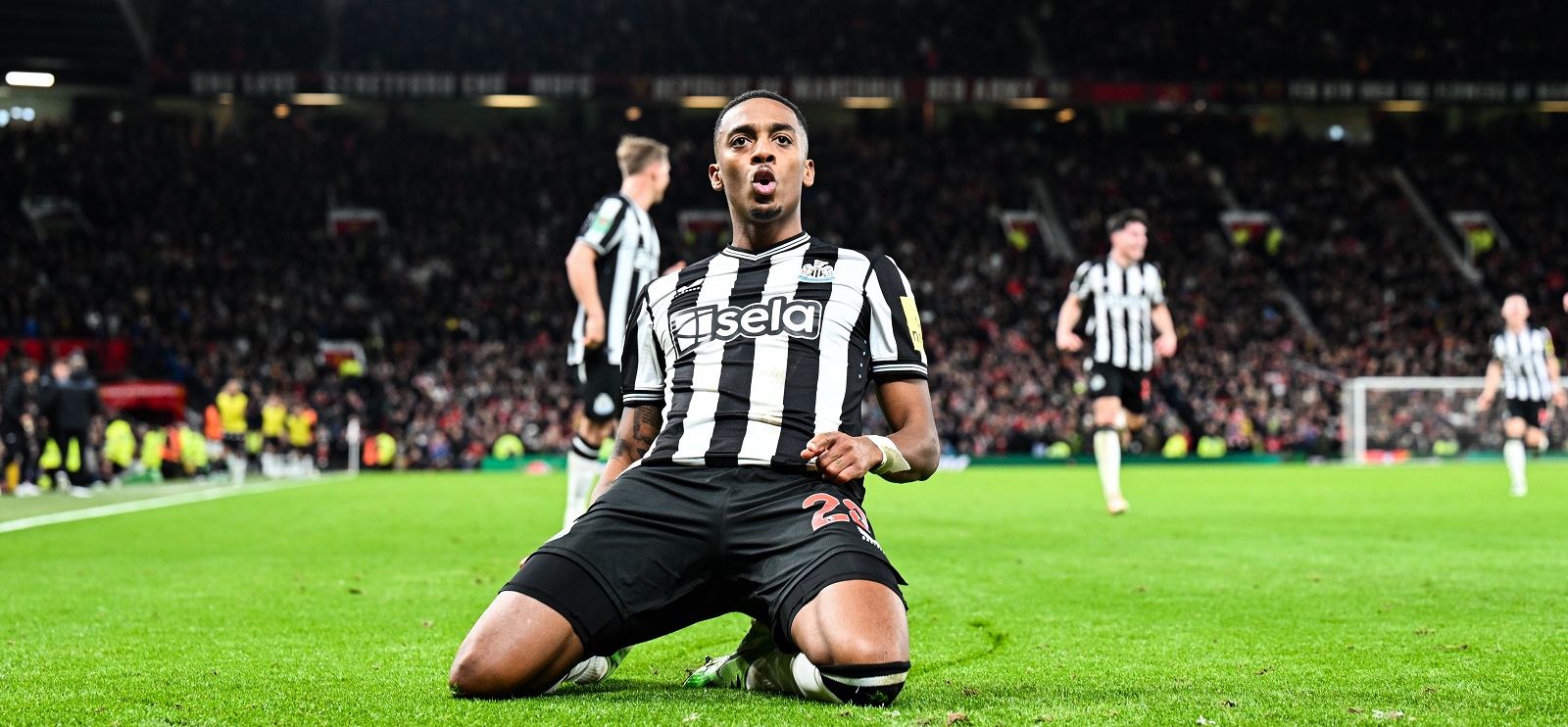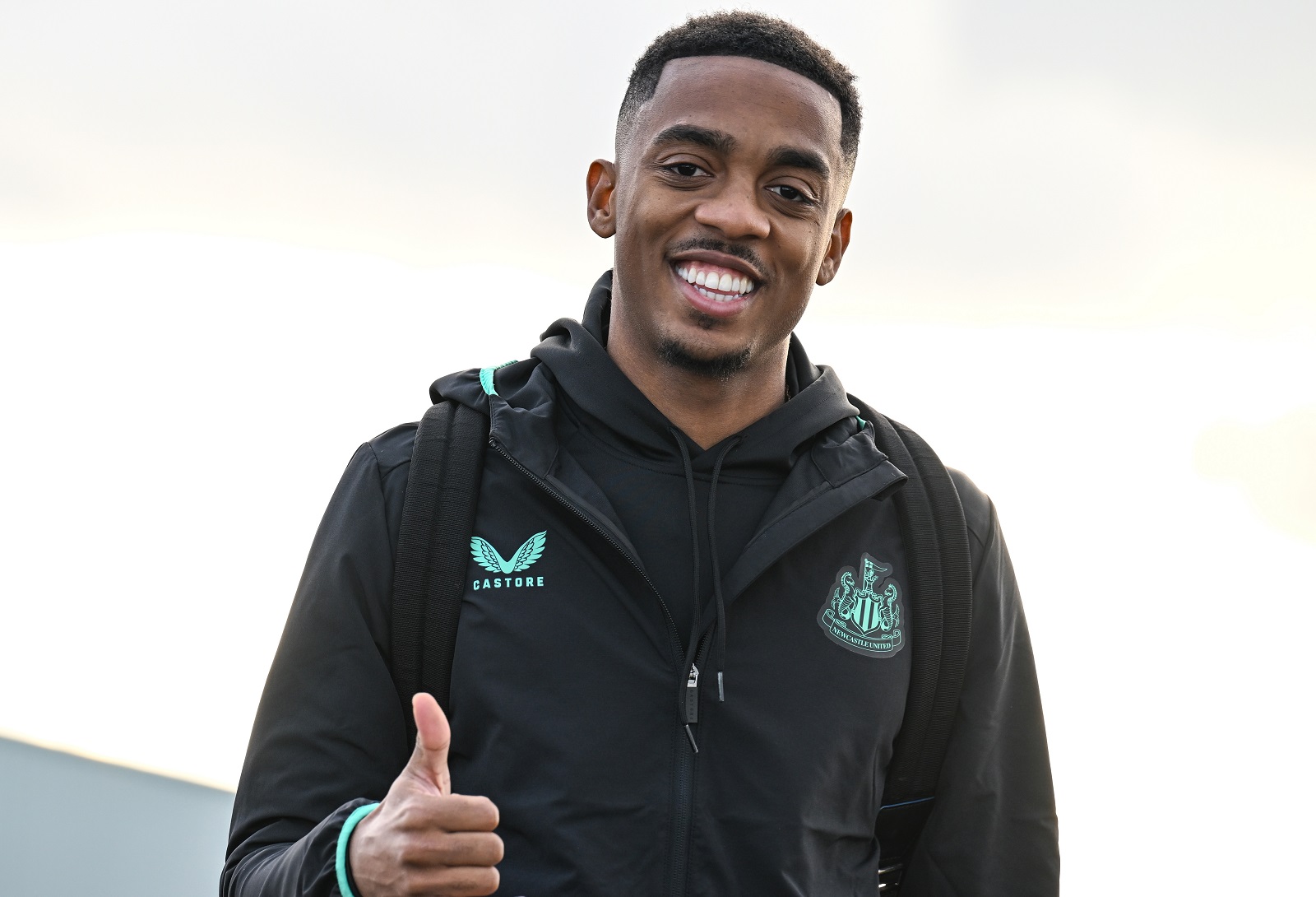Features
Joe Willock: 'I want to stand up and be accountable'
Written by Tom Easterby
"We've come a long way," says Joe Willock quietly, pausing to reflect on what has passed since his permanent move to Newcastle United in 2021. "It's a sort of different pressure. People are expecting us to go into games and win now, against anyone, because we've beaten most teams and we've competed with most teams. I think we're thriving off that at the moment."
Still only 24, yet only six games shy of a century of games in a black and white shirt, Willock has often been Eddie Howe's man for the bigger occasion. His youthful freeness as a loanee in 2019/20 stood out in a struggling team but now he is surrounded by others of a comparative stature and he is all the better for it. Last season there was a winner against Chelsea at St. James' Park, another goal against Manchester United, a couple of crucial assists in March wins over Wolves and Nottingham Forest.
"I think those moments, those games... if you have to motivate yourself for those games, you shouldn't be a footballer, you know?" he says. "Playing for this club in those games is a privilege. We've come so far as a club, since even when I signed to now – it's like night and day. For me to play in those games and go into those games thinking, 'we should win this game', it's crazy. I'm really blessed and privileged to be a part of it.
"When I get an opportunity to play in the big games – or any game to be honest – I want to give my all. I've always thrived off big games. I want to stand up and be accountable. This weekend we've got a massive game against Chelsea. It's a chance for us to bounce back from a couple of defeats and I think we can do that. Hopefully I get selected to play, from the start or to come on, and I want to affect the game."
Willock's mentality has evolved with his surroundings but the past six months have been among his most difficult. In United’s 4-1 win over Brighton in May, he tore his hamstring. Then there were tweaks and hitches and an achilles problem in the near-half a year it took to get back.
What was the hardest part? "The setbacks, and not being able to help the team," he replies. "Not being able to be involved, be around the team. You take so many things for granted.
"I had so many conversations with the manager, and he sort of changed my mindset. At the beginning, from my first setback, I was really down. Really down. I'm not going to go into detail, but it was really hard for me. It's the first time I've ever been injured. I'd never really had any injuries in my career – it had been plain sailing. I was really down with my first setback and then I had another setback which was really hard to take as well.
"The manager sort of changed my mindset. What he said to me, which really helped me a lot, was that you have to use it to make sure you come back better and change your outlook on things – this is the time for you to look at what you can improve in your game. You have time to watch your clips, time to watch training, time to watch people that are playing in your position at the moment, and then when you come back, put it into your game. That's what I tried to do. It gave me a new way of looking at things, and a new sort of objective and target."
Willock spoke in these pages last term about himself and Howe. "It's very difficult for me to trust someone," he explained in October 2022. "For me to confide in a manager is a big thing." He is unwilling to be drawn on the darker days but did that relationship ease his mind during that period? "One hundred per cent. The relationship that not only me but all the players here have with the manager, is something that is built on trust. And it's special. When a gaffer that you really trust and you really believe in and has helped you improve so much on and off the field, when he tells you something, you're always going to listen. That's not only me, but every player here. It is easier when you have a manager you really trust in.
"The gaffer never once went a day without seeing me, without speaking to me, without speaking to me about my mental (state) or seeing how my family is, and asking if I'm OK really – just having normal conversations with me. It meant so much to me. It showed how much he valued me, in terms of the person. That sort of feeling… it's tremendous for me. It helped me so much."
Another occasion sticks out. "I was out doing rehab, and when you're injured you come in on days off to do rehab, because it's not as busy for staff and that so you can get your rehab done and go home," he explains. "A couple of the players came in to watch me do my rehab. It meant the world to me. Stuff like that just shows how together we are and how much we value each other. Stuff like that just kept me going. I'm really thankful for my teammates and the staff members and the manager for sticking with me and helping me through the process."
The teammates he mentions, who gave up their day off to encourage and help him, were Sven Botman and Alexander Isak. Willock is a calm and measured young man but he is patently grateful for the care he received, physically and psychologically. Some of the emotion came out after he scored in the 3-0 Carabao Cup win over Manchester United on his first start since returning to fitness. "I sort of had a lot of bad days, at home, alone, not really having much to take my mind off the injury, or in the stands watching the games. There were obviously great moments when we were winning, in the stands, but at the same time it was hurting me as well because I wanted to be out there with the lads, and be involved.
"When I got home I was a bit emotional after that game because I sort of had that in my mind when I was doing all this rehab – to come back and sort of be effective."
Back in April, Willock was flying. His assist for Isak in the 6-1 thumping of Spurs – a beautifully-weighted, outside-of-the-boot curving ball straight onto the plate – is one for the ages and at that point there was considerable momentum behind him. How do you get back there?
"I think it's all about keeping a level mind in all areas, whether you're scoring goals, assisting, doing crazy things in games, or you're not playing your best and the team's not doing that well. I think it's about keeping going, pushing on and always relying on your fundamentals. That's what I've tried to do.
"Back end of last season, I was playing really well, then I got the injury and it was like going from a high to a real low. But I tried to keep level minded and keep pushing on. I'm only going to get back to where I was by doing that."
There are fresh goals now. He wants to return to that level as soon as possible but alongside that aim, there are some old goals too. Willock says he wants to help Newcastle bring a trophy back to Tyneside this season and as an individual, the idea of full international recognition still occupies his mind.
"On a personal note, I want to try and get into the national team. I think that has to be my goal," he offers. "I think I have the capabilities to do that so it has to be my goal. I'm working on it.
"If I take care of my performances, all the other things will come. That's what I'm trying to do every day in training. I'm trying to work hard and improve on different areas of my game where I think I was lacking last year, like my finishing. I think if I add more goals to my game as well that would improve my chances of getting picked."
Willock grew up in Walthamstow and represented England from under-16 to under-21 level but since his move from the Gunners a first senior call-up has proved elusive. While at Arsenal, he was introduced to the idea of keeping notes in a journal by a psychologist, with the aim of "helping you clarify things in your brain" in the post-match fog. It makes his thoughts more manageable and he still practices it. "I've started to type it up though, because writing's a bit long. But it's the same thing," he says.
"I try to write down my different targets, different goals, what I want to do for the season, what I want to do in a game, what I need to improve on, what I have improved on, how I want to be perceived. I think it's helped me because coming from London, coming up here was totally different. Like, people used to say, 'what’s wrong with you, Joe? Why do you look so down? Why are you not interacting with the group?' But I don't think they realised, it's totally different. The way everyone is, it's a totally different environment. It was really hard for me to settle in. I think I said that before in other interviews.
"But now, a couple of years down the line, it's totally different. I love every single one of the lads here. They're like my family. We get along. I could go on any table and speak to them," he adds, nodding at the door to the restaurant where the remainder of the squad who aren't on international duty are having lunch after training. "The older lads and younger lads, we're all as one. It's a really good environment to be in."
Is that normal in football? Being able to sit on any table in a communal area and find common ground and some sort of belonging? "It's unique. It's a massive credit to the manager and the staff members for creating an environment that is so welcoming to everyone from every background. There's so many things we do that just take away that boundary that some players have when they come into a new environment that you tend to get in football. The workshops that we have here, the activities that we do together – it just sort of puts you a bit closer, so you're comfortable with each other. Other people have said it, other players, but this is the best changing room I've ever been in. I love every single one of them.
"It makes it so much easier when you're surrounded by people that are so good. We're like a family here. In other changing rooms, you get different groups – you have the foreign group, you have the young lads, the older lads, the ones that are in between. But here's not like that. It eliminates so many things. That eliminates people talking behind each other's backs, and negativity. It just helps so much. I'm really proud to be a part of this group. That's why we want to win so much together, because it's a special group."
Willock is keen to move on from what went before now and it is reasonable to think that his second century of outings for Newcastle could include some greater days than his first 100. There is much to look forward to and he is in the best position to make the most of it.
"When you're doing rehab, it's a long journey," he says softly. "Sometimes you don't think, 'I'm going to come out of this'. You have loads of doubts. 'Am I going to be the same?' Especially the way my game is – I'm very explosive, I'm a sprinter, and my hamstrings need to be strong. There is a fear – 'am I still going to have the pace I had? Am I going to lose a yard?' But now I'm in a better place. I have no doubt. I'm really looking forward to pushing on, and this group of games that we have… I want to affect them."
This interview is featured in Saturday's edition of UNITED, the club's official matchday programme, for the visit of Chelsea. Find out more about the latest issue here.
